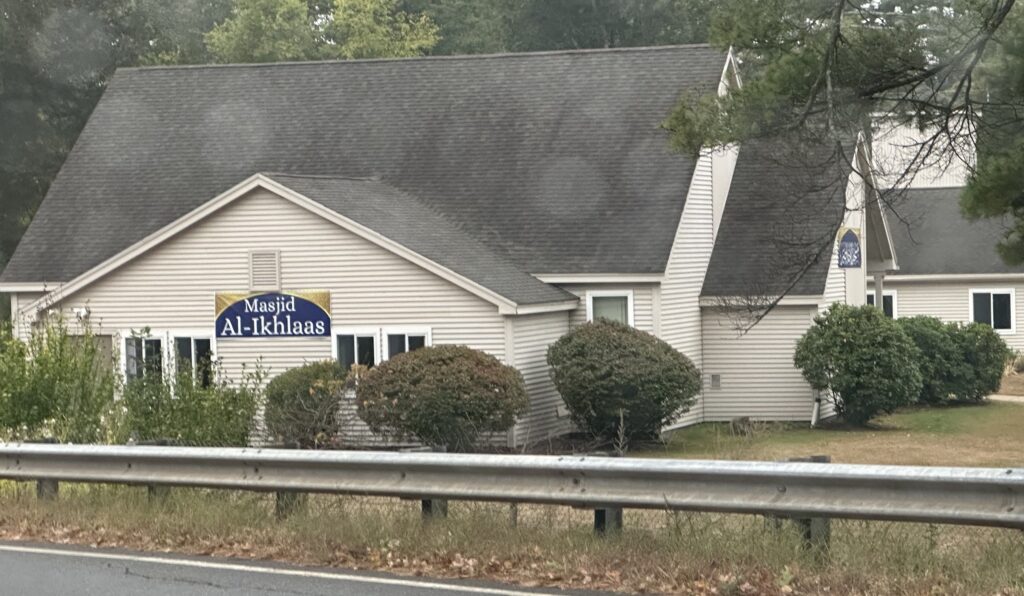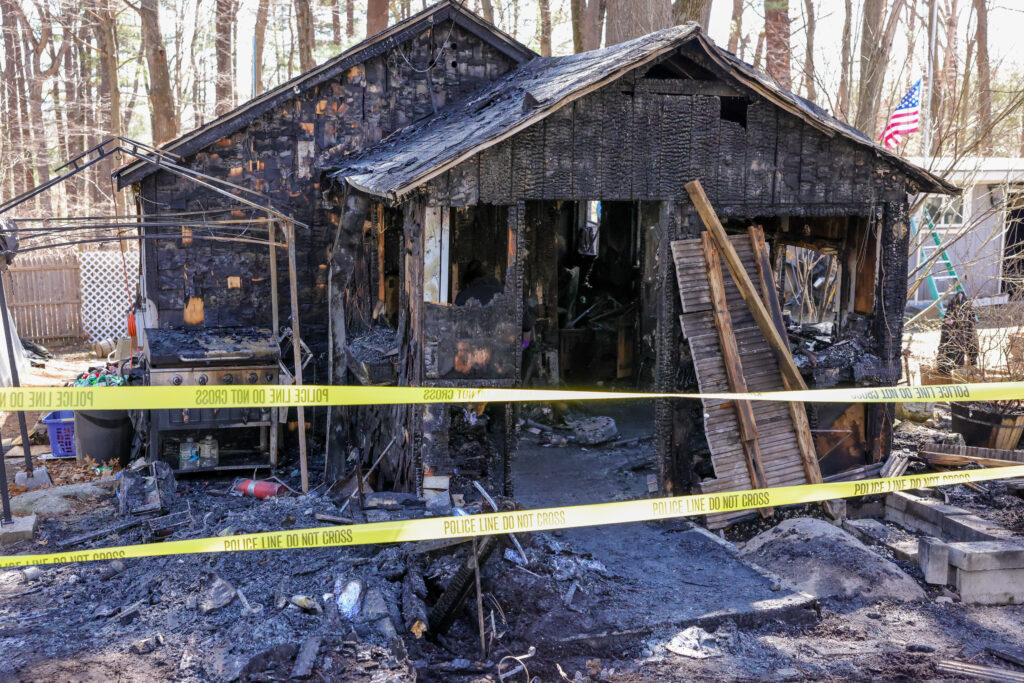The Board of Health spent its meeting Monday night focused on the Health Department’s budget for the next fiscal year.
Health Director Shaun McAuliffe took the board through his proposed budget for fiscal year 2026 and the changes he hopes to get approved.
McAuliffe’s top priority in his proposed budget is staffing. Public health nurse Simone Carter is the department’s sole nursing staff. According to McAuliffe, high workloads and regulatory duties prevent Carter from being able to keep up with demand.
Because of the town’s “fairly high communicable disease load,” mandatory disease reporting and follow-up can consume 25-35 hours of Carter’s time per week. This limits her capacity to see more patients and deliver critical care.
“The state and the Centers for Disease Control and Prevention are pushing all these duties down to a local level,” said McAuliffe. “We just can’t keep up.”
To remedy the situation, McAuliffe hopes to add additional part-time and per diem nurses to the Health Department’s team.
“[We’re] figuring out how to spread the work across one or two more people,” McAuliffe said.
This increase in staffing would restore previous departmental capacities. The Health Department was forced to furlough two per diem nurses earlier this year after a “five-figure deficit” caused the positions to lose funding.
McAuliffe’s proposed FY 26 budget would reach just over $586,000. He explained that every other line item would remain the same, but staffing would increase 17.7%.
He went on to put the Health Department’s proposed budget in the broader context of the town’s budget for the coming year.
“Right now, it’s about 0.42% of the town budget,” he said. “All I’m looking for is just under 0.5%.”
McAuliffe explained to the board that one approach to helping manage the cost of additional nursing staff is an article submitted to the warrant for the Nov. 18 Special Town Meeting.
The article would establish a revolving fund for the Health Department that would capture revenue taken in through nursing services.
The fund would, in turn, fund per diem and part-time nurses and pay for medical supplies such as needles, bandages and alcohol wipes.
According to McAuliffe, the revolving fund would be capped at $200,000, and any excess revenue would go back to the town’s general fund.
“Once we have that fund built up, then we will look to reduce our budget to bring some savings to the community,” he added.
Cost for hoarding assistance increases
McAuliffe took some time during the budget discussion to inform the board that the department’s contract with Metro Community Development Corporation (MCDC) had increased another $1,200.
MCDC runs the ClearPath Program, New England’s largest therapeutic hoarding service. The Health Department has been contracting with the organization to help manage hoarding cases in town.
McAuliffe explained to the board that Hopkinton has one of the highest amounts of hoarding cases in the MetroWest region, which is why the cost of using ClearPath has increased. He reported that there could be more than 20 active hoarding cases in town currently.
He went on to say the program is a better alternative than eviction and condemnation, as it allows people to stay in their homes by providing cleaning, education and social service referrals.
“It’s a much better approach to handling hoarding issues,” McAuliffe said.





















0 Comments